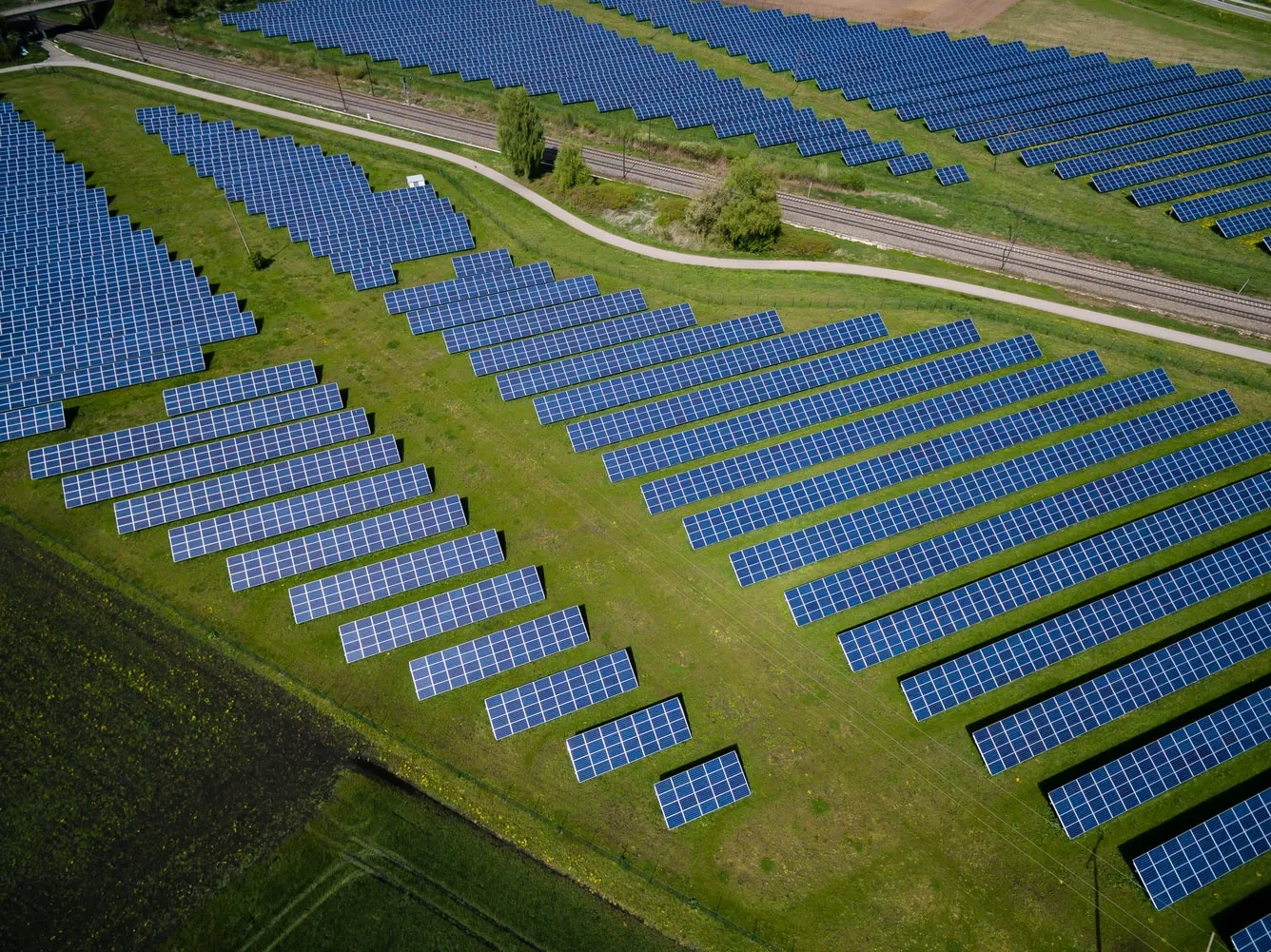The opening day of Eurelectric’s 2025 Power Summit, themed “Powerplay,” set the stage for critical reflections on Europe’s energy future amid mounting geopolitical pressures, a rapidly transforming digital landscape, and urgent decarbonisation goals. With high-level political and industry figures in attendance, the first day delivered a strong call for coordinated policy, infrastructure investment, and market-based approaches to deliver a secure, competitive, and sustainable energy system.
Political and Strategic Imperatives
Dan Jørgensen, European Commission representative, opened the summit by addressing Europe’s persistent energy import dependency—amounting to €400 billion in fossil fuel imports in 2024 alone. He stressed the urgency of phasing out Russian imports and improving energy security through accelerated deployment of renewables, faster permitting (with a six-month target for standard projects), and electricity market reform. Lowering non-electricity-related components of consumer bills and ensuring cost-reflective tariffs were also key policy priorities outlined.
In a high-level dialogue, Leonhard Birnbaum and Jean-François van Boxmeer discussed the balance between market dynamics and policy intervention. Birnbaum argued for more—not less—market engagement, warning against political micromanagement of capital allocation. Van Boxmeer emphasised the importance of a truly integrated single market and the economic imperative of decarbonisation, particularly in the context of rising global competition and technological disruption.
Industrial Competitiveness and Grid Modernisation
The plenary on Europe’s industrial competitiveness brought together voices from Accenture, RAP (Regulatory Assistance Project), Fortum, and Engie. The session painted a picture of systemic risk—driven by high energy costs, the need for more interconnection, and an underdeveloped market for long-duration storage (LDES). Katherine Dixon (RAP) outlined a range of needed reforms, from aligning contracts with system value to ensuring PPAs and flexibility are accessible to all customers. The Eurelectric-Accenture report, discussed by Andrea Falciai, highlighted that the clean energy sector now contributes 23% of European GDP, reinforcing the centrality of electricity to Europe’s growth strategy.
Data Centres and System Integration
The role of data centres was scrutinised in a compelling “Power Talk” featuring representatives from Google, EPRI, AFRY, EDP, and EAI’s own CEO Dara Lynott. While these centres account for 3% of Europe’s electricity demand, panellists advocated viewing them as innovation partners rather than adversarial loads. With demand rising and connection timelines strained, calls were made for smarter grid investment, deeper market flexibility, and policies that reflect the evolving needs of high-tech industry. Examples of proactive corporate engagement—such as Google’s 24/7 matching and Microsoft’s CPPA in Ireland—demonstrated the sector’s role in driving innovation.
Security of Supply in a New Geopolitical Context
The final plenary of the day addressed security of supply through a geopolitical lens. Speakers from NATO, PKEE, PPC Group, Siemens Grid Software, and the European Parliament warned of growing cyber and physical threats to energy systems, particularly from imported technologies. NATO highlighted the electrification of warfare and vulnerabilities in European supply chains, stressing the need for robust, resilient infrastructure. The discussion concluded that diversified generation, integrated planning, and close industry-government cooperation are essential for ensuring energy security in an era defined by conflict and digital complexity.
Day one of Powerplay underscored the multifaceted nature of Europe’s energy transition—requiring speed, scale, and solidarity in equal measure.

